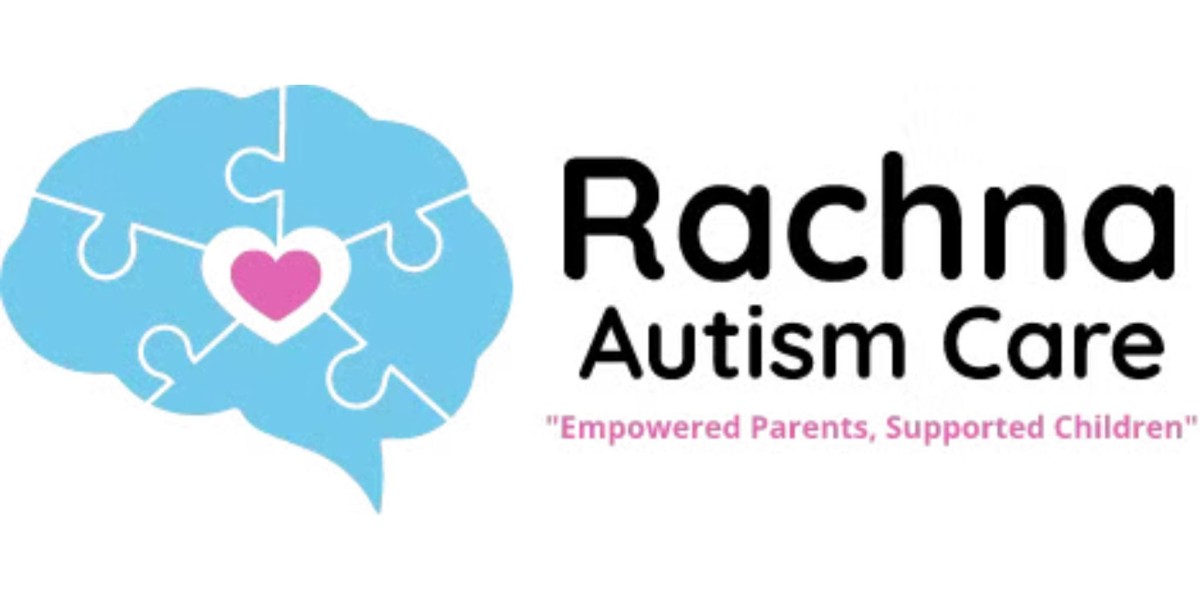Meltdowns in Adults with Autism: Understanding and Supporting
When we hear the term meltdown, we often think of children. But meltdowns in adults with Autism are very real and equally challenging. These are not simply emotional outbursts or bad behavior. Instead, they are overwhelming responses to situations where the individual’s coping mechanisms have reached their limit. Recognizing and understanding these meltdowns is essential for families, caregivers, and even workplaces that support individuals on the autism spectrum.
What are Meltdowns in Adults with Autism?
A meltdown is not the same as a tantrum. In autism, a meltdown is an involuntary response to extreme stress, sensory overload, anxiety, or sudden changes. For adults, this might present as crying, shouting, shutting down, or even leaving a situation abruptly. Unlike children, adults may have learned to mask their feelings for years, which means when a meltdown happens, it can feel intense and confusing for those around them.
Common Triggers
Meltdowns in adults with Autism can be triggered by several factors, such as:
Sensory overload – loud noises, bright lights, or crowded spaces.
Unexpected changes – last-minute alterations in schedule or routine.
Social demands – long interactions or misunderstood communication.
Stress and anxiety – work pressure, family responsibilities, or unresolved emotions.
Understanding these triggers can help families and caregivers create supportive environments that reduce the likelihood of meltdowns.
Coping Strategies for Adults
Adults on the spectrum often develop unique coping mechanisms. Some strategies that can help include:
Identifying early warning signs such as irritability, restlessness, or withdrawal.
Creating safe spaces at home or in the workplace where one can retreat when overwhelmed.
Practicing self-regulation techniques such as deep breathing, grounding exercises, or listening to calming music.
Seeking professional guidance through therapy, counseling, or autism care programs tailored for adults.
Employers and families should also be educated about autism-friendly practices, ensuring that adults on the spectrum feel supported rather than judged.
The Role of Professional Support
Professional support plays a significant role in managing meltdowns. Therapy and structured programs can help adults learn to manage stress, improve communication, and handle challenging situations more effectively. For families seeking holistic and specialized services, centers for Autism care in Bangalore are offering comprehensive programs that focus on both children and adults. These programs often combine behavioral therapy, occupational therapy, and counseling to help individuals build resilience and reduce the intensity of meltdowns.
Building Awareness and Compassion
One of the most important aspects of addressing meltdowns in adults with Autism is spreading awareness. Adults on the spectrum are often misunderstood, with meltdowns being mistaken for aggression or lack of discipline. By increasing compassion and educating society, we can shift the perspective from judgment to empathy.
Supporting adults with Autism means recognizing their challenges and providing tools that help them thrive. Whether it’s within families, workplaces, or communities, creating understanding environments is the key to reducing meltdowns and improving overall quality of life.






